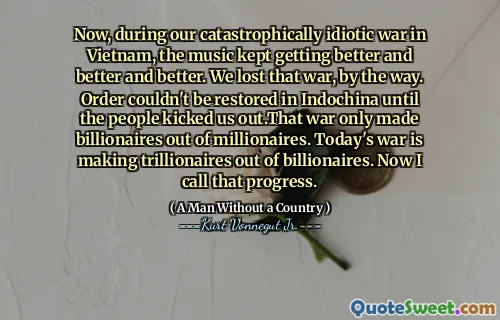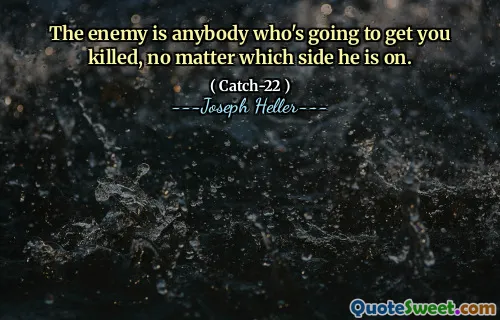We are not one of those who flatter war; When the opportunity arises, we tell him his truths. The war has awful beauties that we have not hidden; She also agreed, some ugly. One of the most surprising is the prompt counting of the dead after victory. The dawn following a battle always rises on bare corpses.
In "Les Miserables," Victor Hugo communicates a candid view of war, rejecting any romanticized notions associated with conflict. Instead of glorifying it, he emphasizes the brutal realities and the stark truths that accompany warfare, recognizing that while war may possess certain striking aspects, it also brings forth horrific consequences. The duality of war is underscored by its capacity for both beauty and ugliness, reflecting the complex nature of human experiences in such times.
One particularly grim observation Hugo makes is the inevitable aftermath of battles, marked by the grim task of counting the dead. The imagery of a new day dawning over lifeless bodies serves as a haunting reminder of the cost of conflict. This stark reality challenges us to confront the raw and often harsh truths about the human condition in the face of war, urging an honest appraisal rather than a glorified portrayal of military engagements.






